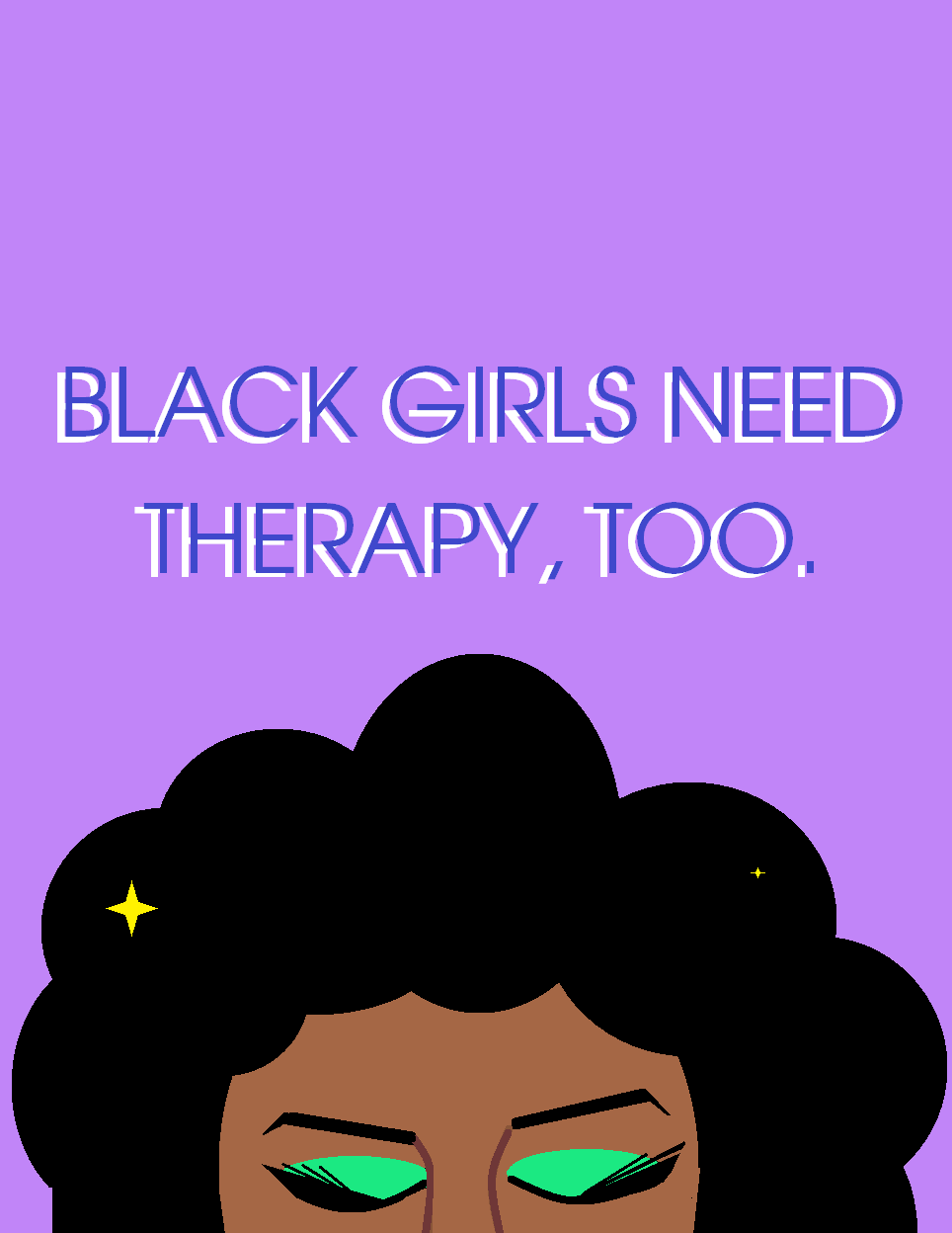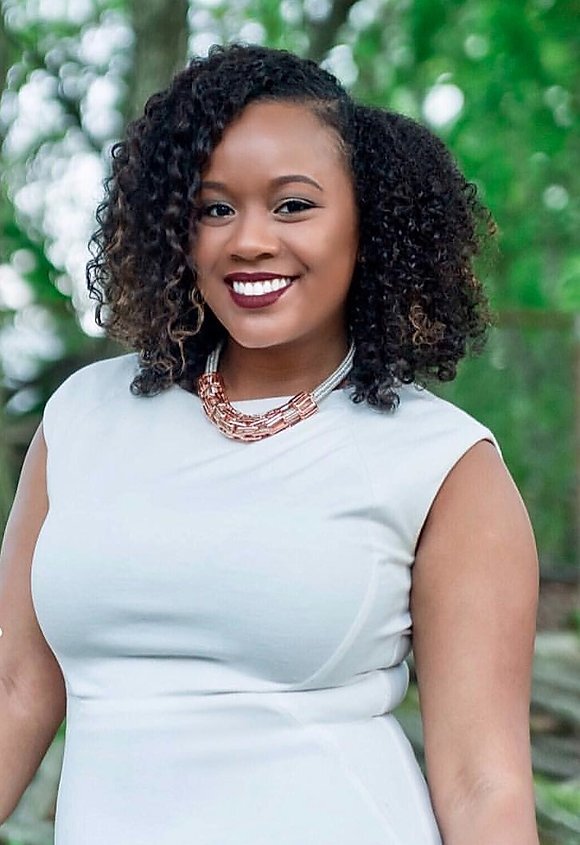

Anthony Nicotera teaches social policy, social work and the law, and social justice courses at Seton Hall University.

Consistent with our mission as social workers, they invite us to realize, as Thich Nhat Hanh asserts, that ‘we are here to awaken from our illusion of separateness.’” Dr. “The voices of these advocates for peace and nonviolence are critical in this moment.

There will be no reconciliation without truth and Mahatma Gandhi’s grandson and Zen Master Thich Nhat Hanh” shares Nicotera. “The systemic inequities baked into America’s social and economic life will continue to lead to violence and death if unabated,” says Nicotera, referencing FOR’s public statement. Emma JordanSimpson, to help chart the organization’s response to the killings of George Floyd and so many other Black civilians, honoring the righteous rage, agony, and despair of this global uprising. Nicotera also worked with FOR-USA’s Executive Director, Rev. Originally begun to connect activists facing the challenge of advocating for peace and justice during a time of quarantine, Gathering Voices has morphed into a platform for people of conscience, action, and justice to share and connect. It also seeks to shine a light on the unjust structures and systems that perpetuate these injustices. This effort has since grown into FOR’s Gathering Voices Campaign, designed to lift up the stories of community and faith-based leaders and activists committed to confronting the disproportionate impact of the COVID-19 pandemic on the world’s most vulnerable and marginalized communities. Marline’s Instagram: Twitter: Marline’s website here and purchase the State of Black Girls here.

Ijeoma Opara and Marline Francois-Madden, Ijeoma Opara and Marline Francois-Madden to discuss these disparities, how Black girls are frequently treated as adults, and how we can best support Black girls inside and outside of the classroom. public schools, Blackgirls are six times more likely to face suspension, three times more likely to be restrained, twice as likely to endure corporal punishment, and three times more likely to experience law enforcement referrals than white girls. When you review the existing data, you notice the trends that in some U.S. Far too often, Black girls are described as “troubling” or “disobedient” yet having isolated occurrences.


 0 kommentar(er)
0 kommentar(er)
